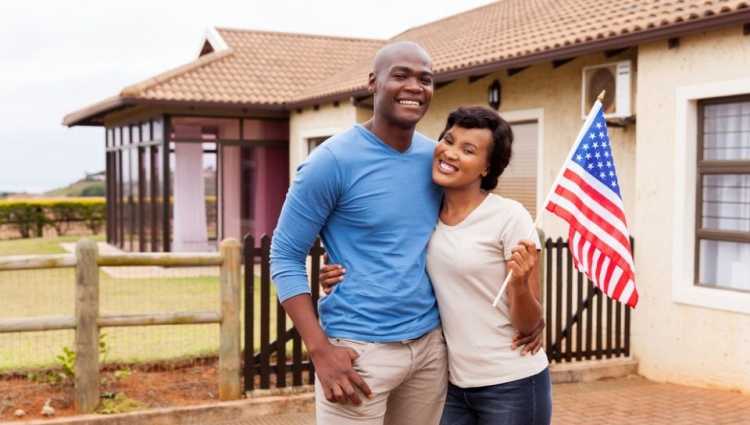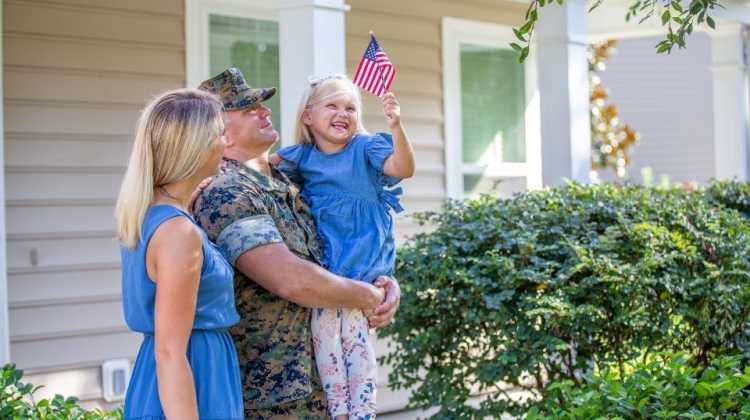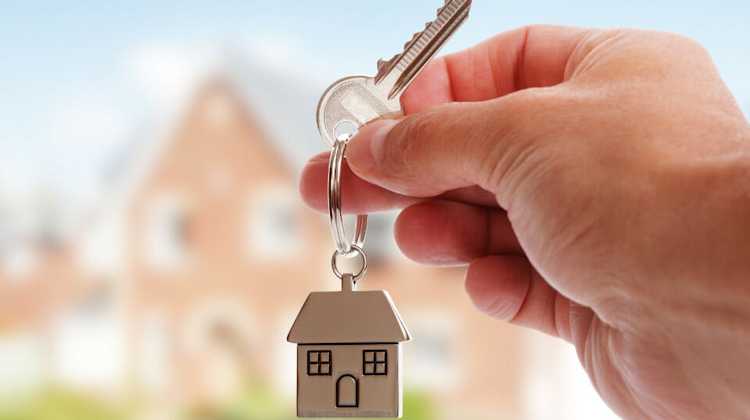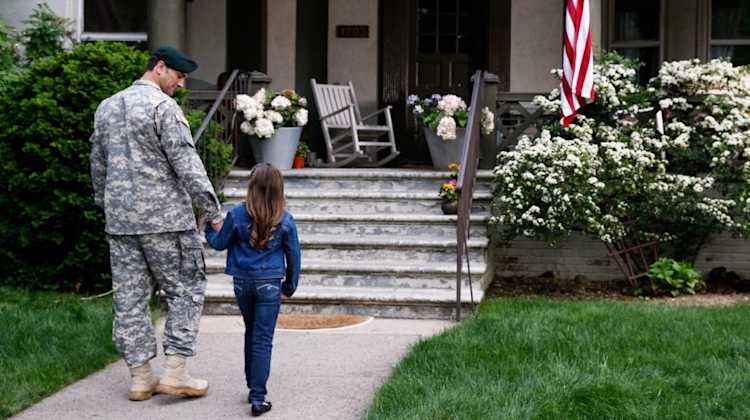Building Home Equity for Military Families
by Lizann Lightfoot - September 20th, 2021

Home equity is an important term in real estate, and one that can have a big impact on military families. Simply stated, equity is the difference between what you owe on your mortgage and what your home is currently worth. But this is different from the amount you have paid towards your mortgage. When you begin mortgage payments, most of the money goes towards mortgage interest, and only a small amount goes towards the principle of the loan. Only the amount paid towards the principle contributes to home equity.
For a traditional 30-year mortgage, it takes years before the homeowner gains solid equity that makes selling their home or taking out a second loan worthwhile. But military families don’t have the luxury of time. Since military families often move every 2-3 years, those who want to buy a home sometimes feel it isn’t worthwhile because they won’t have built any equity before it is time to sell again. So we went to the experts to gain tips for military families to help build their home equity.
Tim Milam is the President of Coldwell Banker Seacoast Advantage. He has spent 30 years serving military families on the Crystal Coast of North Carolina, and he shares his expertise with PCSgrades here.
What are some strategies military families can use to build equity in a short amount of time?
Milam: Military families have a unique advantage—their BAH money can be applied towards the mortgage instead of towards rent. If you get a comfortable mortgage below BAH, you are making money in two ways: from the equity and from the BAH.
One beautiful strategy is to buy a $250,000 house in a military market. The VA loan allows you to buy that with no money down. Over a 3-year tour, with a 3% interest rate, you will spend $7,500 on interest. You are paying a little over $400 per month towards principal, which is about $5,000 in the first year, and then that grows every year. That’s $15,000 towards principle over a 3-year period.
Now, to see the real impact, consider the net effect: after three years, you will owe $235,000 on the house. If the home increases in value, it is probably now worth $272,000. (That’s a fair appreciation of 3% annually, which is average.) You now have a $37,000 equity in that home. And that isn’t even counting the tax benefits of home ownership!
When using a VA loan, no down payment is required. How does this affect home equity?
Milam: The VA Loan lets you choose whether or not to make a down payment, without any penalties for mortgage insurance. If you can put some money down—around 5%–then you will just build equity faster. This will help you make money faster. But you don’t need to put down 20% all at once. If you have that, it’s better to save that lump sum as an investment for several years.
Remember that the VA Loan isn’t the only option for military families! Yes, you can now carry more on the VA Loan, so you can have two loans at once if it is under the set limits. If the first home becomes a rental property, then you can use the VA Loan for a second home that will become your primary residence. There are so many options now that are ARMs without the VA funding fee. These products are not government-backed, but they are less expensive for many home-buyers. An FHA loan, for example, can minimize what you bring into closing. So talk to your lender and your real estate agent to find out who is reputable in that area. An experienced lender who knows that market is a great resource: ask your real estate agent, ask fellow military families, and find out who is recommended and then explore your options with them.
A 15-year mortgage allows someone to pay off their home faster. Are there times when military families should consider a 15-year mortgage?
Milam: I do think there are times they should consider it. But it’s very unlikely to be used, unless you have a family member behind you who is helping to back your investment and giving you half of the home value to put down at closing. It’s so rare, probably less than 5% of buyers. Right now, the rates are so low that it isn’t worth it to do a 15-year for a slightly lower rate. If you are an investor who wants to pay off early, then just make sure there is no early pre-payment penalty so you can take a 30-year loan and just pay it off with extra payments each month. If you make a mortgage payment on every military payday, or pay extra towards the principle with the money saved from your BAH, then you will pay off a 30-year-loan faster and save a lot of interest payments. When military families receive PCS orders, should they still consider selling if they don't have much home equity?
Milam: This is a great time to be a homeowner. There is a high demand for homes, so it is a good time to sell, and also a good time to keep your home and rent it out.
Across the country, we read from independent sources that there is a shortage of inventory of homes in the country. The builders cannot build houses fast enough for the population and the demand. We have a 2.4 month-inventory in our market right now. In a stable market, it should be 4. Regulations are causing problems, labor force is low because of the number of people attending college, and construction costs are too high. We aren’t going to have an adequate home supply for two to four years. In our market, we build about 1,000 new homes per year, and we could sell much more—1,500 per year.
This supply shortage helps military families. If you own a house and rent it out for a few years, the renter can pay your mortgage and you can start to build up equity. No one knows this future, of course, but this gives you the option to sell when the time is right for you.







